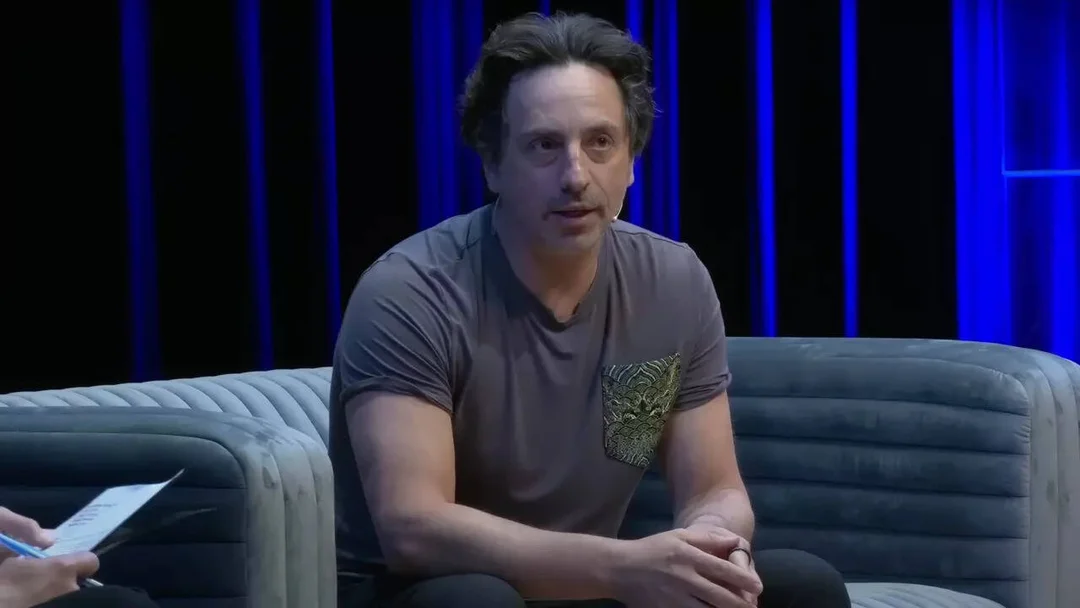
Sergey Brin’s Google Glass Regret and AI Comeback: A New XR Vision?
In a surprising turn at Google I/O 2025, Google co-founder Sergey Brin emerged from semi-retirement, confessing to past missteps with the ambitious yet ultimately unsuccessful Google Glass project. Brin, who played a vital role in developing Google's Gemini AI model, revealed his renewed focus on artificial intelligence, signaling a strategic shift as Google intensifies its competition with rivals like Apple and Meta in the burgeoning XR (Extended Reality) space.
“I made a lot of mistakes with Google Glass,” Brin admitted during an onstage interview with DeepMind CEO Demis Hassabis, hosted by Big Technology Podcast’s Alex Kantrowitz. He candidly acknowledged his lack of understanding of consumer electronic supply chains and the challenges in achieving a reasonable price point for smart glasses. Despite the stumbles, Brin remains optimistic about the form factor and is enthusiastic about Google’s renewed efforts in the field, this time supported by “great partners who are helping us build this.”

The Google co-founder said he's back at Google "pretty much every day now,” contributing to the training of the latest Gemini models. This involvement underscores the urgency with which Google is approaching the AI race, spurred by competitors like OpenAI. Brin emphasized the compelling intersection of computer science and AI, stating, “Anybody who’s a computer scientist should not be retired right now. They should be working on AI.” He’s reportedly been pushing Google’s Gemini teams aggressively to innovate and compete.
This year's I/O also marked a moment of reflection on Google Glass. Brin stated Google Glass's failure stemmed partly from his lack of knowledge about manufacturing and supply chains. "I just didn't know anything about consumer electronic supply chains, really, and how hard it would be to build that and have it at a reasonable price point," he said.
Google's new foray into smart glasses appears much more strategic. The tech giant is collaborating with partners like Samsung and Xreal to develop Android XR smart glasses with AI and AR capabilities. Google is also investing up to $150 million in Warby Parker, acquiring an equity stake in the eyewear company to leverage their expertise in design and manufacturing. These partnerships aim to overcome the supply chain challenges that plagued Google Glass. Xreal CEO Chi Xu went so far as to say that Samsung's device is Google’s answer to Apple Inc.'s Vision Pro. Similarly, Xreal's Android XR glasses aim to compete with Meta Platforms, Inc.'s augmented reality glasses.
This renewed push in XR is driven by the advent of generative AI, which Brin believes makes the capabilities of smart glasses significantly more compelling than when Google Glass was initially launched. The new glasses, powered by DeepMind’s Project Astra, promise real-time translations, navigation assistance, and advanced AI queries, showcasing the potential of AI-enhanced wearables.
With Project Aura glasses expected to launch between late 2025 and early 2026 at a potentially lower price point than competitors, Google seems determined to learn from its past mistakes and establish a strong presence in the evolving XR market.
Will Google's strategic partnerships and AI-driven approach finally unlock the potential of smart glasses? What are your thoughts on Google's potential in XR and AI? Share your perspective in the comments below!